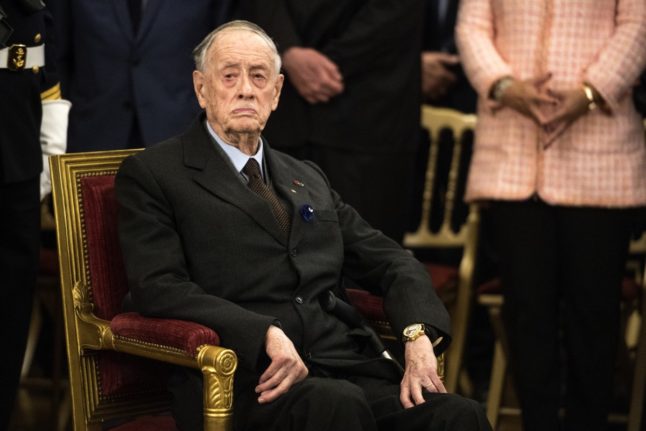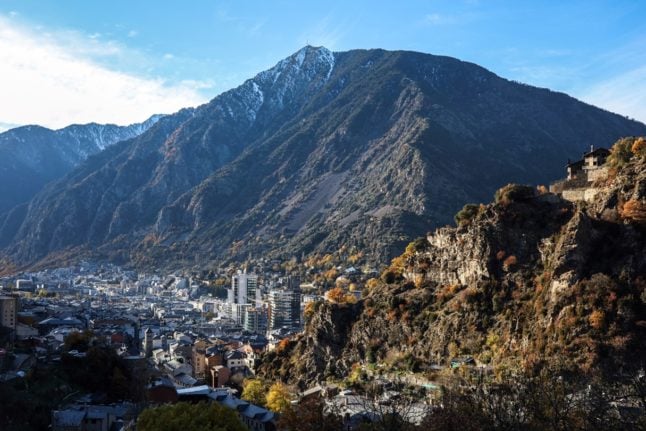Philippe de Gaulle heeded his father’s call to join Free French forces in the fight against Nazism in World War II and later had a successful naval career, rising to the rank of admiral, and also became a senator.
He was a more low-key figure than his father but devoted himself to preserving the memory of Charles de Gaulle, notably through numerous books.
His son Yves de Gaulle told AFP he died overnight Tuesday to Wednesday in Les Invalides in central Paris, the French military institution where he had lived for two years.
“Philippe de Gaulle anticipated to father’s call to join the Resistance.
“Sailor, admiral, senator, he never came up short when courage and honour were required. A century of French bravery,” President Emmanuel Macron wrote in a tribute on X.
He joined the Free French Naval Forces in 1940 and fought in the North Atlantic until 1944, then in France itself when the Resistance joined the Allies in pushing the Nazis out of France.



 Please whitelist us to continue reading.
Please whitelist us to continue reading.
Member comments